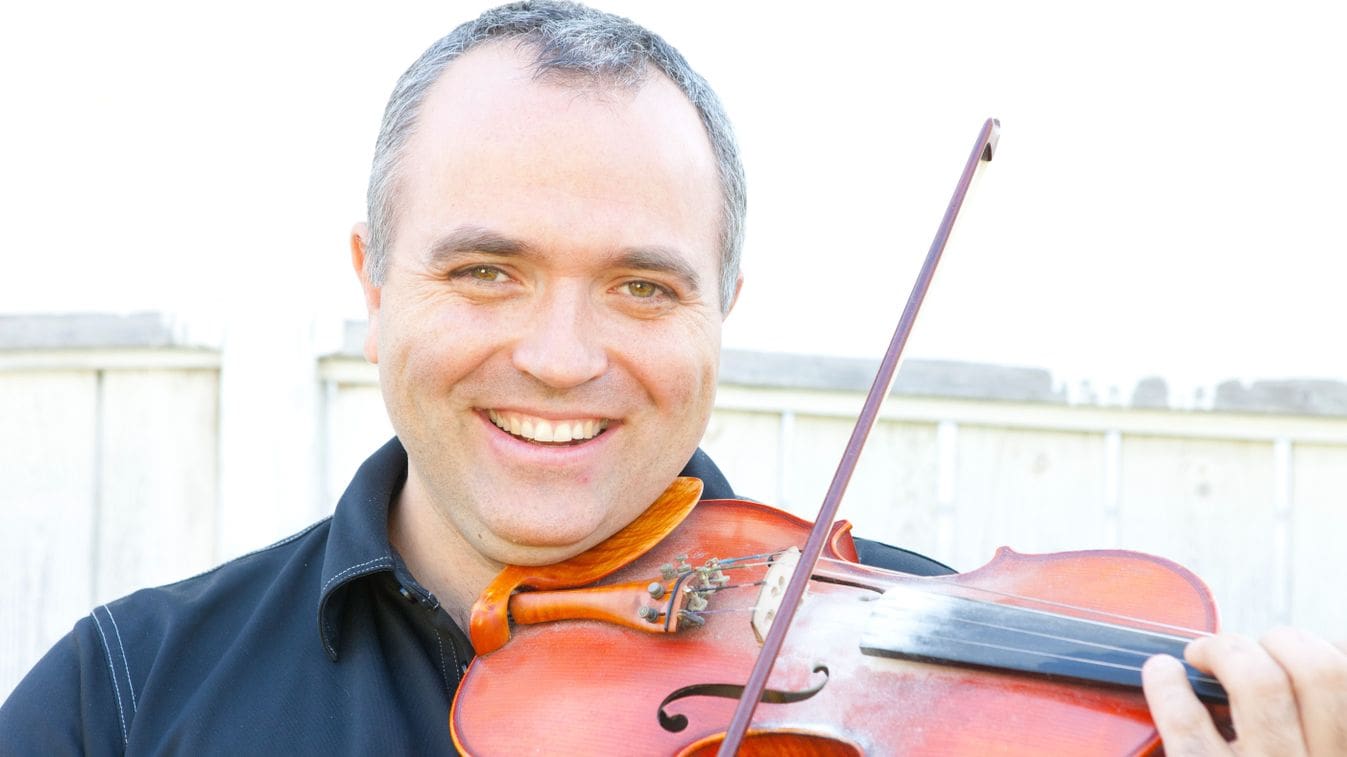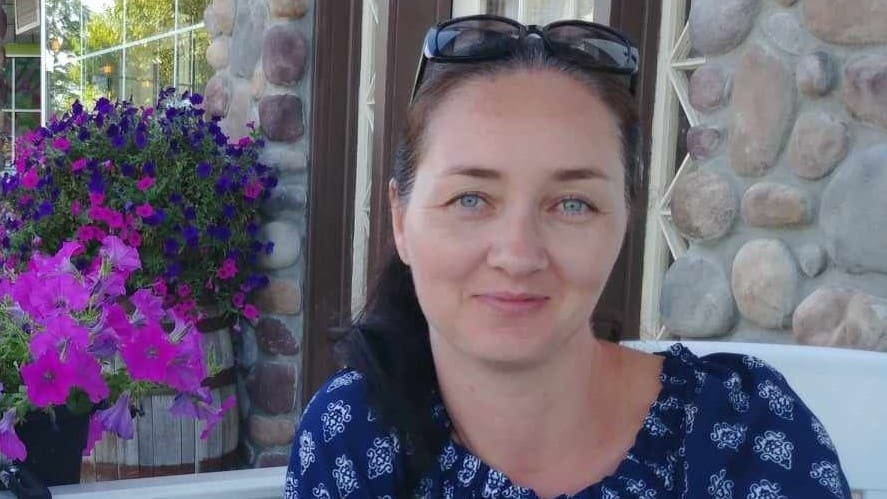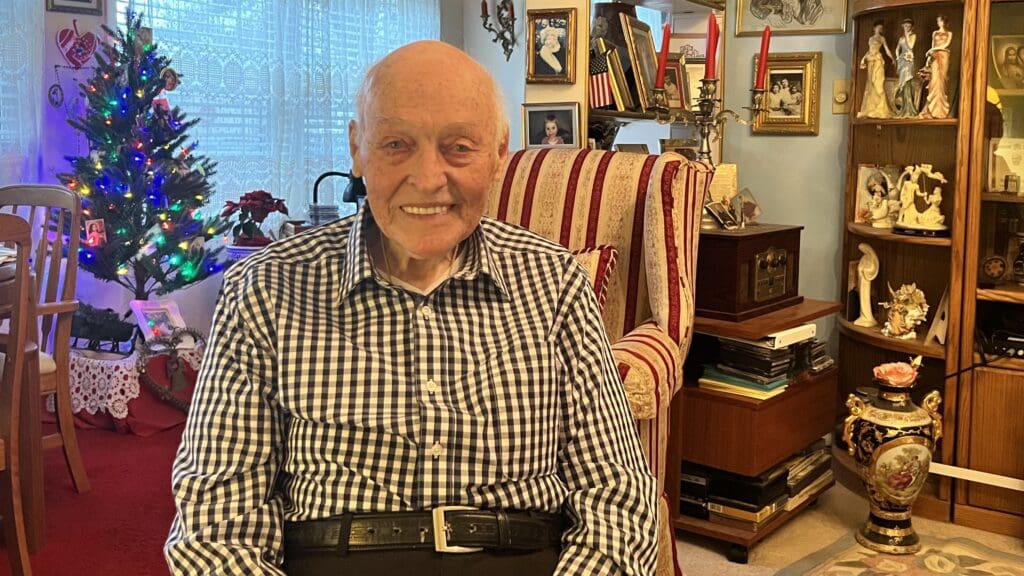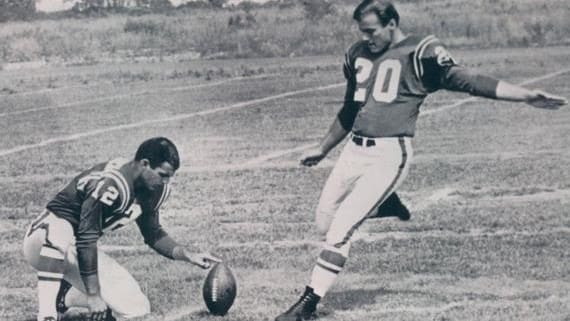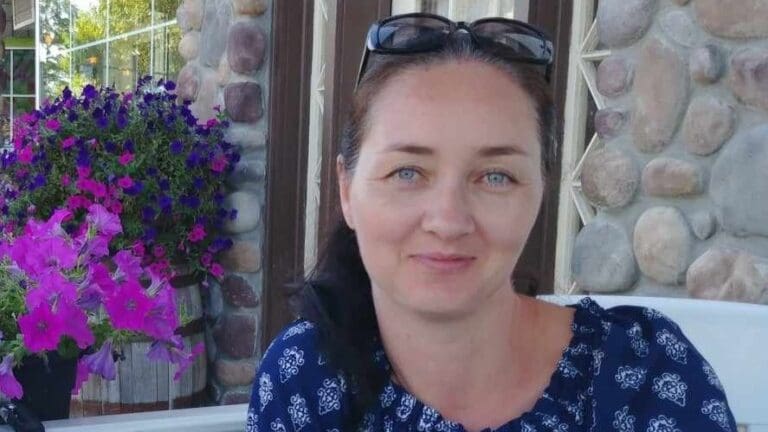I met Kálmán (Kalman) Magyar Jr. last year at a Hungarian folk dance Camp in Michigan called Csipketábor. Prior to that, I interviewed his father, the ‘founding father’ of the Hungarian folk-dance movement in North America, so I heard of his son, but it was only at that folk dance camp when I got to see in person his enthusiasm for teaching the violin and his passion for folk dance. I only heard about his legal career later, when I interviewed him as well, but these two seemingly different interests blended together nicely upon reading his biographical book. Solely based on its title, I was somewhat reluctant to start reading, because I sensed typically American self-help material, but since I read this book, I’m all in and happy to recommend reading it.
Kálmán Magyar (Öcsi) Jr. is a second-generation Hungarian American, a father of three, a successful international lawyer and teacher with more than two decades of extensive business experience in US and Canadian boardrooms and courtrooms. At the same time, he is a well-known Hungarian folk musician who has carried on his parents’ legacy and performed at the world’s most prominent concert venues as well as in tiny community halls at faraway places. In his book, he takes us on an extraordinary journey through his family and professional life, where we can learn as much from the mistakes and failures that he candidly shares with his readers as from his multiple wins and successes. In the introduction, he already surprises us by stating that, although he is honored to have built up a respectable international legal practice and is privileged to have contributed in ‘his small way’ to the continuing revival and spread of Hungarian folk music around the world,
his greatest source of pride is that people find him authentically ‘zestful’,
that is, ‘happy, enthusiastic and energetic’. Knowing him personally, that’s how I see him, too.
What ‘zestful life’ means and how it can be achieved are answered in the book, starting from the premise that it requires ‘no special effort, skills, education or money’. All it takes is following ten principles that are based on his family history, his respect for Hungarian music and culture as well as his practical life and working principles drawn from his private life and legal experience. Although these ten principles are ‘universally valid regardless of age, background, location, political affiliation, religious beliefs or social status’ and were compiled by the author himself, he stresses that they have been ‘established and honed over generations, resiliently surviving turbulent and jubilant times alike’. Öcsi shares with us not only how these principles guide him every day, but also their source and how they might be incorporated into the lives of us, his readers.
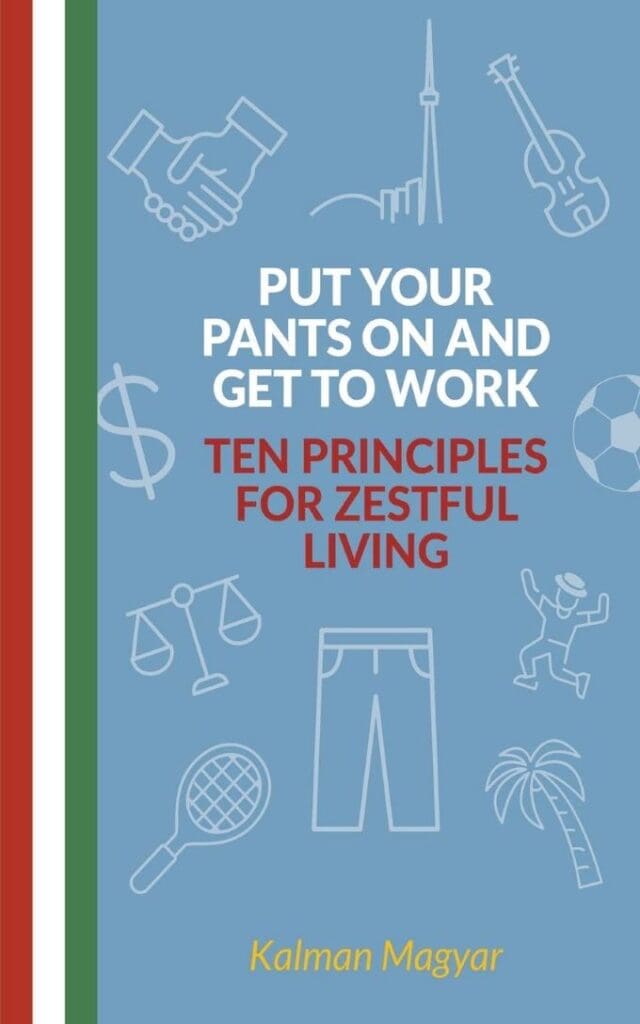
Let’s take, for example, the first principle: ‘Put your pants on and get to work’, from which all the other principles stem from. He identifies Conor McCourt and his wife Marguerite Ethier, a couple who are ‘super lawyers and super personalities’, as the source of this principle. The former says that the greatest secret of his success as a lawyer is that he ‘got up every morning and went to work’, where the emphasis is put on the regularity and the work itself, not about any work-related ability or workplace. As with all principles, the author associates several family stories with this one, including a brief history of Hungary in the first chapter. We learn that his great-grandfather, Zygmund Piatek, was an officer in the Austro–Hungarian army who met his Hungarian wife, Melania Redle, a schoolteacher, in Magyaróvár, Hungary, a small town on the northwestern border of the country. After her parents’ divorce, their daughter Olga moved to Budapest, where she met her husband, and in 1963 emigrated to the US with her daughter Judit. Unfortunately, Öcsi never got to meet Olga, his maternal grandmother, because she passed away in the year before he himself was born. His paternal great-grandfather, Dusán Jovanovits, was a Serbian from Vojvodina, but he was fluent in Hungarian as well and, as a stationmaster in the Austro–Hungarian monarchy’s railway system, met his wife Julianna in Szeged, a large town in southeast Hungary. Soon after their wedding he was conscripted and most probably died in a prisoner-of-war camp in World War I. Growing up without a father, Sarolta became tougher than her peers: she worked as a hairdresser and wigmaker for renowned theatres in Budapest, enrolled her twin daughters and—despite his protests—her son, Öcsi’s father in the National Ballet Institute, and fled to America with her daughters when the revolution broke out in 1956. Her husband and son were only able to follow her several years later, after their great-grandmother’s death. A strong, confident, and cheerful grandmother, she was one of Öcsi’s early supporters, making him feel that he could be anything he wanted to be. In this first chapter, we also get some more thoughts and stories about the size of work trousers (i.e. about healthy lifestyles) and about the basic level of proficiency and toughness needed to work.
The other chapters are structured in a similar way, with
work experiences and lessons learned alongside the family stories.
One of my favorites is the third principle: ‘Find your vocation’. As the author emphasizes, a vocation is not necessarily a full-time occupation (i.e. a job that earns your income) or a passion (e.g. watching football), but ‘something that ignites your inner fire, consumes your free time, and gives something to the world. It is the reason you exist.’ As a family example, he cites his father, born amidst the worst bombing during World War II, and expelled from the ballet school in 1956 after the freedom fight was crushed, because his mother and twin sisters fled the country. He became ‘a class clown and a rebellious prankster’, who would be diagnosed as hyperactive today, but back then was only ‘often put in a corner and sometimes spanked’. Kálmán Magyar Sr. came to America at the age of seventeen, with no English skills, but in school he met another Hungarian student who invited him to join the Hungária Folk Dance Ensemble. They immediately took him on with his excellent dancing skills and experience as a big stage performer—gained from the ballet school years—, and he soon became the leader of the group and later an iconic figure in the Hungarian folk-dance movement in North America. He has been promoting Hungarian folk culture in the US and Canada for over fifty years. He’s been living in Hungary again for over ten years by now, where his company is one of the country’s largest packaging distributors. His vocation, however, will forever remain performing: over five decades he has organized hundreds of tours, performances and exhibitions of Hungarian artists, musicians and dancers in the US and Canada, entertaining and ‘infecting’ hundreds of thousands of people and future generations with the joy of Hungarian folk culture.
Additionally, through the example of her mother, the author shows that a vocation can also be a way of nurturing family and cultural roots. Somewhat similarly to Öcsi’s father’s case, Judit emigrated with her mother to America in 1963 to reunite her family, following her father’s and brother’s footsteps who fled after the revolution of 1956, too. Later, Judit and her husband, Kálmán founded various Hungarian cultural organizations, and she wrote her anthropology thesis about the Hungarian community in Passaic, New Jersey, where the Hungária Folk Dance Ensemble was based for many years. The family spent most of their summers in Hungary, but they also traveled extensively in Europe and the Americas, when the mother became a sales director at the now-defunct MALÉV Hungarian Airlines in New York. Still, as the author writes, his trips to Transylvanian villages were a ‘reminder of humility and modesty’ and he is as grateful for those adventurous trips made during the communist dictatorship as he is for a visit to the Vatican, for example. The second part of the chapter is about the author’s own vocation and his efforts to make his mark. As a child, Öcsi had the idea of becoming a professional classical musician, but lacked the right attitude to practice, and ended up treating music and dance performance ‘only’ a vocation, like his father. During the Covid pandemic, he created his podcasts called Táncház Talk. As he writes, ‘creating content is more dynamic; it leaves a legacy, it’s exciting, it puts us in the driver’s seat of life—even if it’s more demanding’ than consuming content. The last part of the chapter is about sharing talent, which he says is worth starting with volunteering. He mentions two Hungarian diplomats, André Erdős, former ambassador to the UN, and Levente Székely, former Hungarian ambassador to Taiwan, who have contributed their musical talents to the cultural enrichment of diplomatic receptions and to Hungary’s musical diplomacy. Finally, he gives two more examples to illustrate his idea that ‘I can think of no better way to leave this world than in the exercise of our profession’.
The final chapter on the tenth principle: ‘Build your own future’, is a logical conclusion. As the author puts it,
shaping your own future is not ‘a matter of dreaming, but of a patient mindset,
which is also the safest and surest way to achieve what you want’. His first piece of advice is to find a mentor, then to find a (not necessarily physical) place ‘that reassures you and where ideas for the future are born’. His ‘happy place’ is a particular hot tub in Naples, Florida, where a series of family tragedies have led him initially, but where he envisages the second half of his life, which he has been preparing for years, in a very conscious manner, shaping his professional life (setting up his own law firm, then working with partners) and even his vocation (establishing and then planning the future of the Gyanta band). As we can see from my interview with him, his conscious planning for the future has continued ever since: he has recruited his son into the band Gyanta, so he can be more of an organizer there, and has set up the Hungarian Folklife Association that he can also run from Florida.
The above examples of the ten principles hopefully illustrate the style and mood of the book, and confirm why, despite its title and subtitle, it was a pleasant surprise for me: the vitality, tenacity and perseverance of Hungarian ancestors, hardened by the storms of history, are combined with the self-confidence and bold creativity characteristics of the American way.

